
Jaw surgery, also known as orthognathic surgery, is a specialized procedure performed to correct abnormalities of the jaw bones and facial structure. This surgical intervention is often recommended to address functional issues such as difficulty chewing or speaking, as well as aesthetic concerns related to facial symmetry and harmony. Jaw surgery may involve repositioning the upper jaw (maxilla), lower jaw (mandible), or both to achieve improved alignment and balance. It is typically performed by an oral and maxillofacial surgeon in collaboration with an orthodontist to optimize the results and ensure the long-term stability of the bite and facial profile.
Have Any Questions Feel Free to Contact with Our Team
+90 506 250 00 05
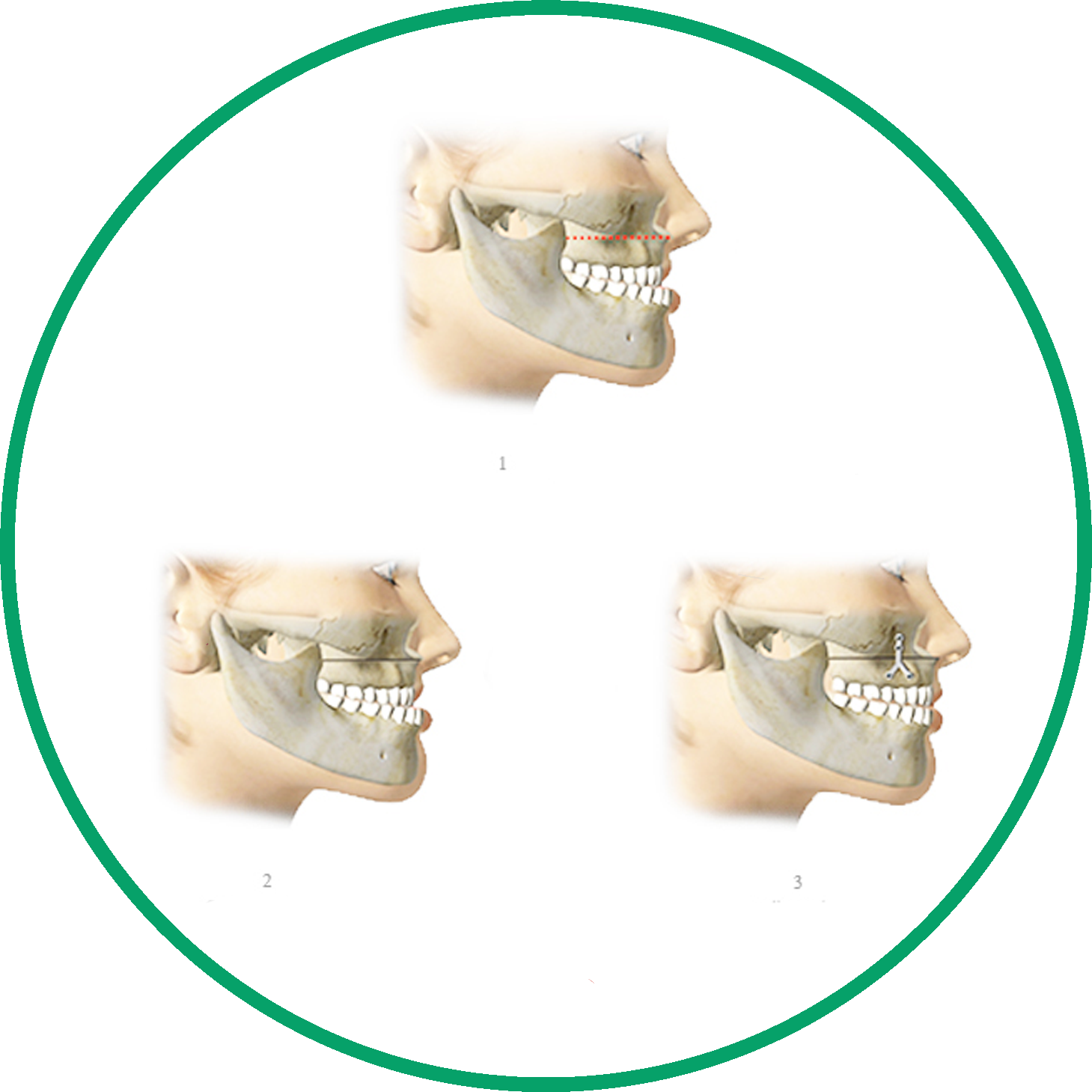


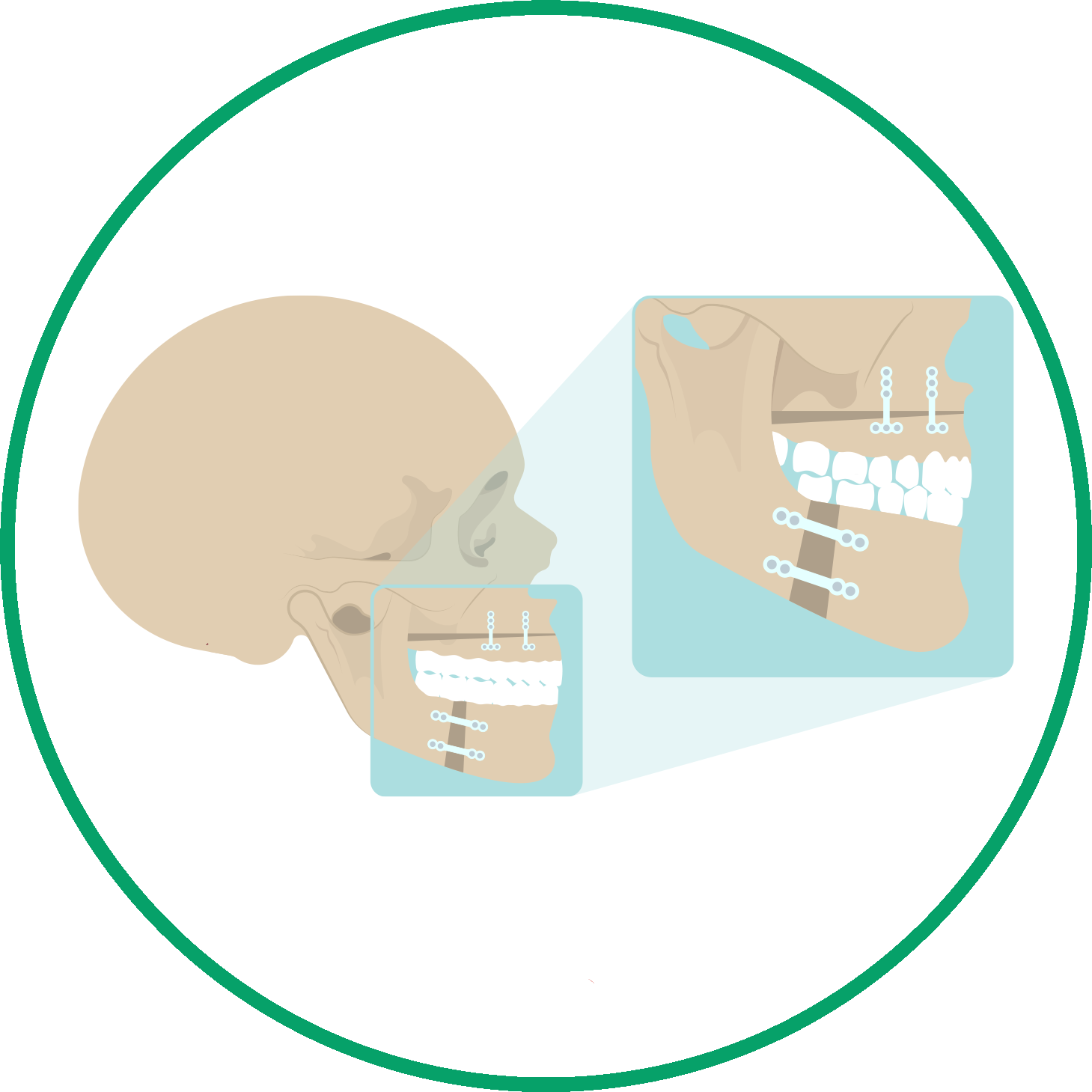

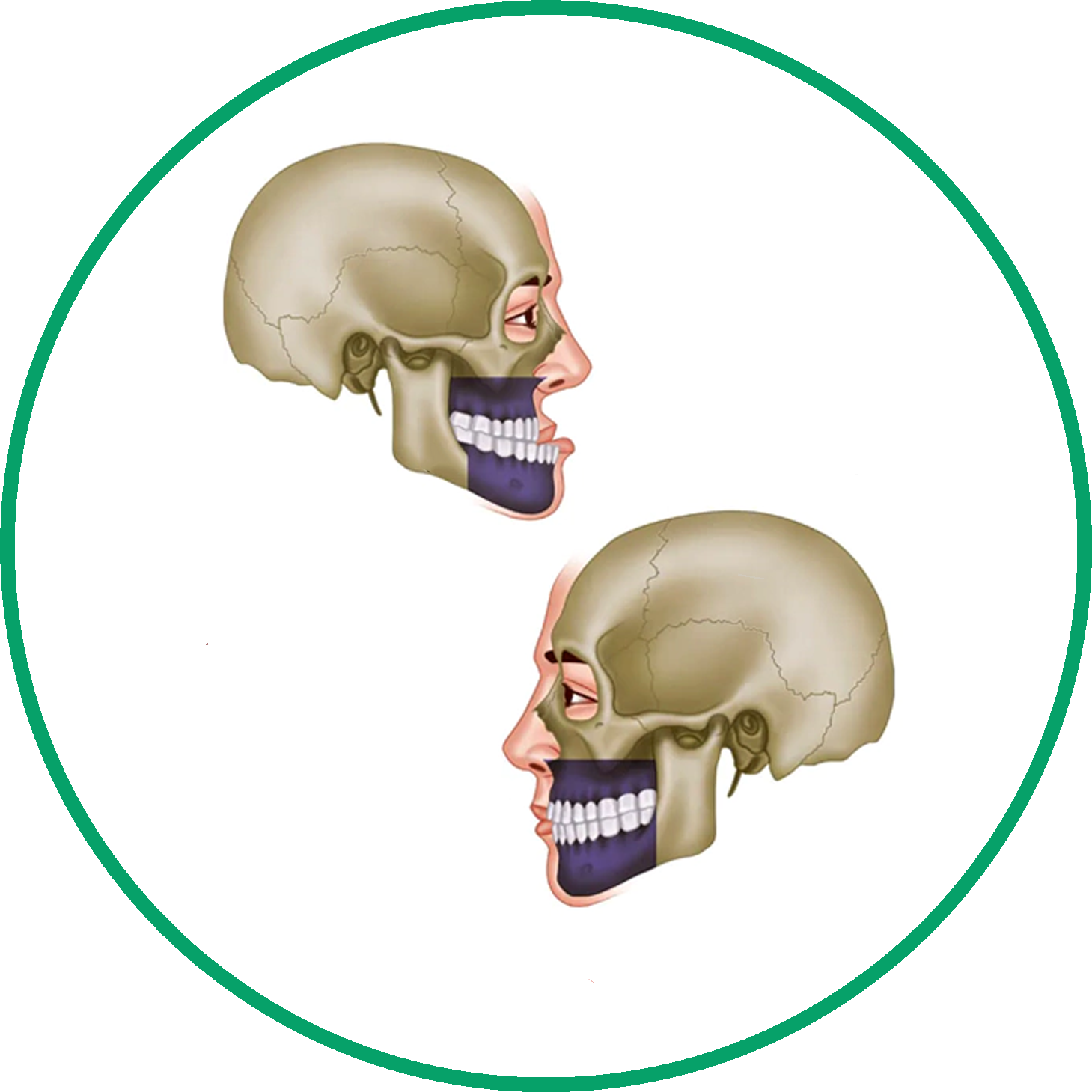
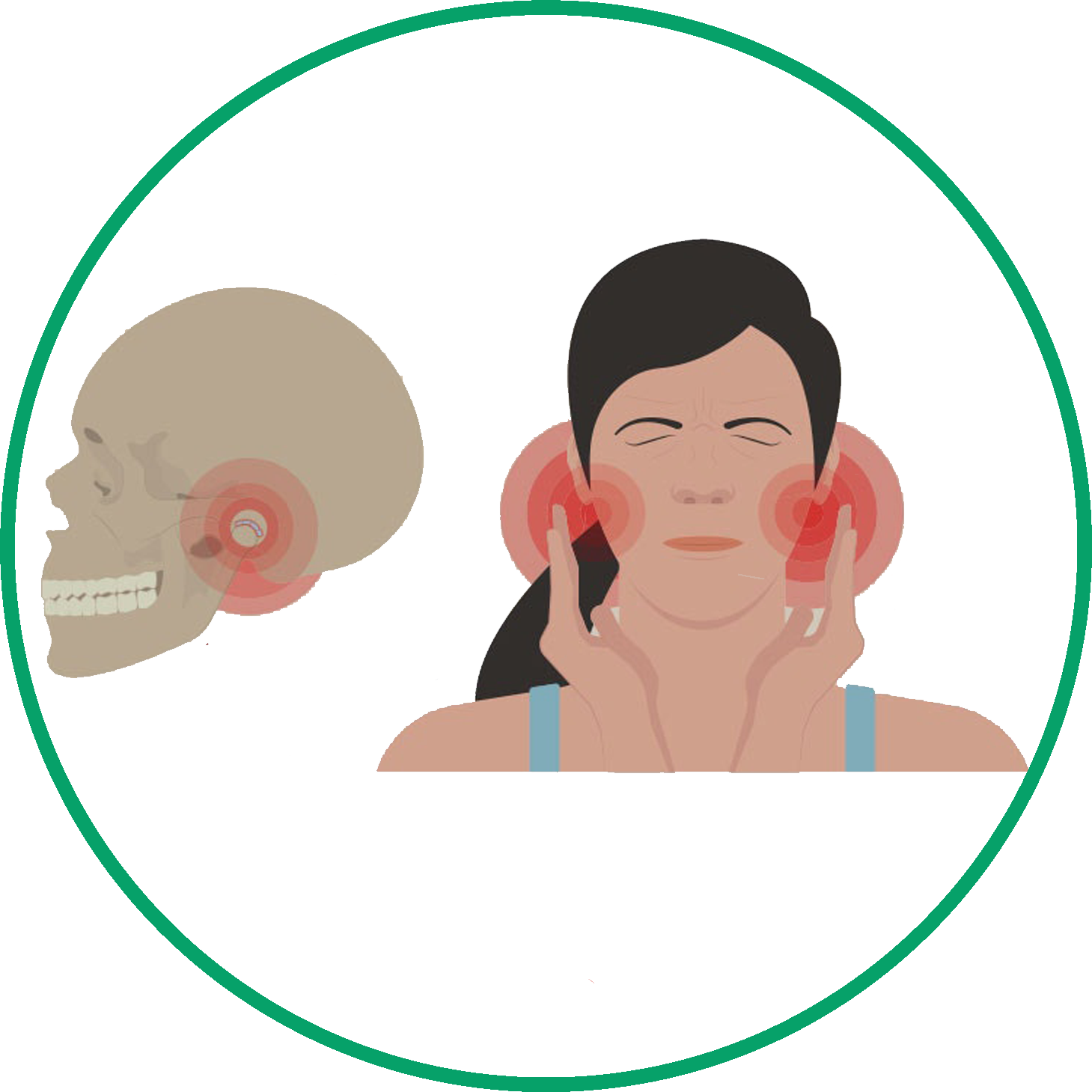

Have Any Questions Feel Free to Contact with Our Team
+90 506 250 00 05

Jaw surgery offers numerous benefits, including:
While jaw surgery offers significant benefits, it also carries certain risks and considerations, including:



Our team of oral and maxillofacial surgeons specializes in jaw surgery and has extensive experience performing complex surgical procedures with precision and expertise.


Dentiva Clinic employs a multidisciplinary approach to jaw surgery, collaborating closely with orthodontists and other specialists to ensure comprehensive evaluation, planning, and treatment.
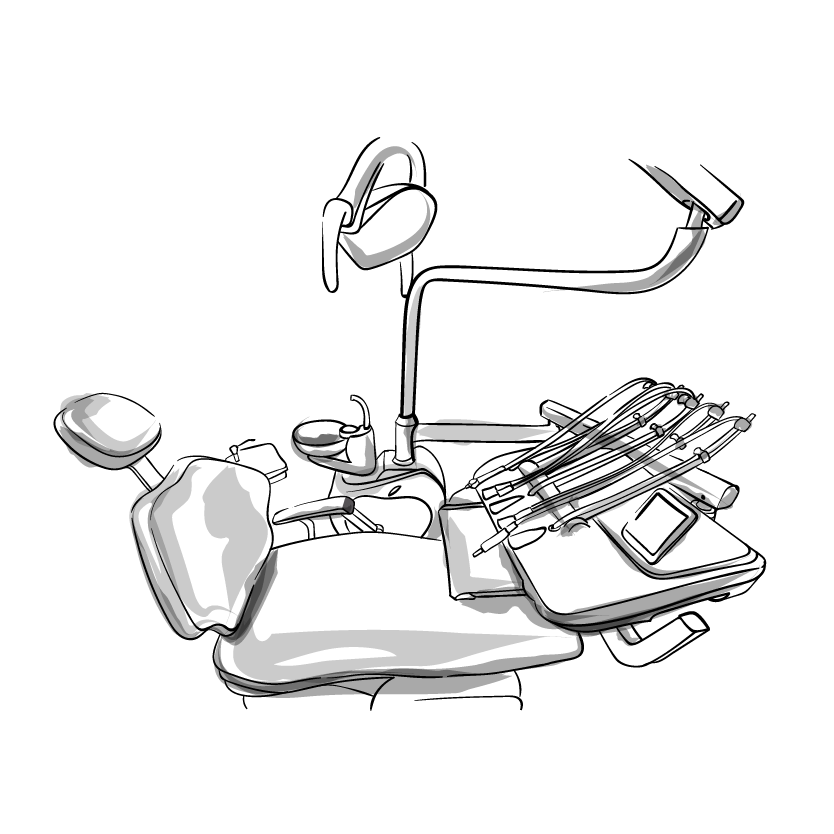
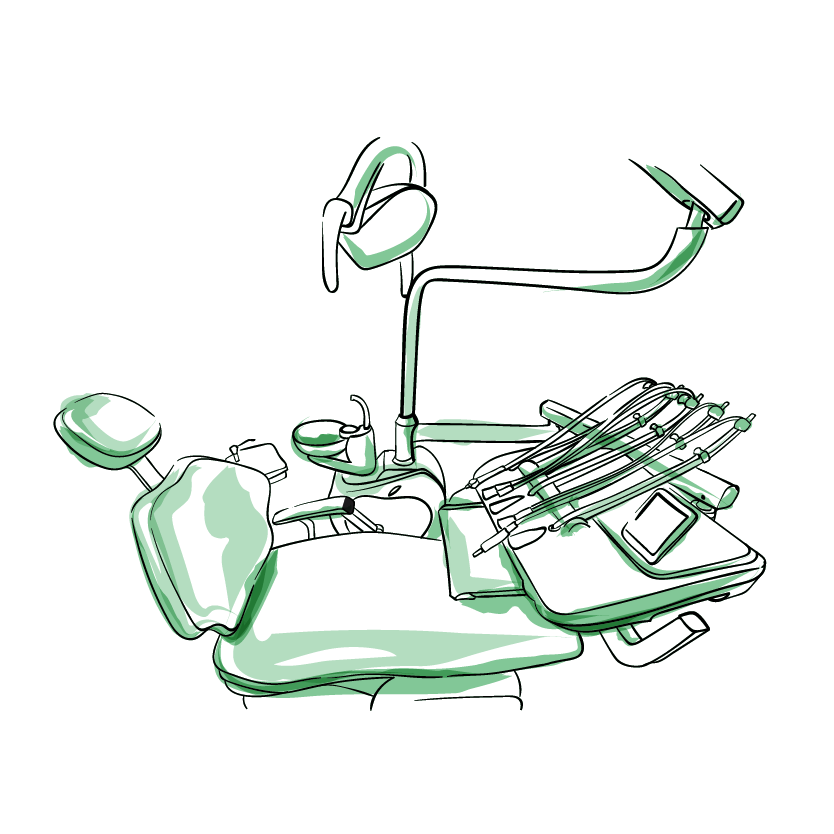
Our clinic is equipped with advanced diagnostic imaging technology and surgical instrumentation to deliver safe, effective, and minimally invasive jaw surgery procedures.


We understand that each patient is unique, and we take the time to listen to their concerns, answer their questions, and develop personalized treatment plans tailored to their specific goals and preferences.


At Dentiva Clinic, we prioritize patient comfort and satisfaction, providing compassionate support and guidance throughout every step of the jaw surgery journey, from initial consultation to postoperative care and follow-up.
Jaw surgery, also known as orthognathic surgery, is a procedure to correct conditions of the jaw and face related to structure, growth, sleep apnea, TMJ disorders, and others.
Those with improperly aligned jaws or malocclusions that can’t be improved with braces alone are candidates. It is also used to correct facial asymmetry, jaw tumors, and obstructive sleep apnea.
Jaw surgery can realign the jaws, fix over or underbites, adjust protruding or receding chins, improve the fit of the upper and lower teeth, and enhance facial balance and symmetry.
During the procedure, the oral surgeon will reposition the upper, lower, or both jawbones to achieve proper alignment and function. This involves cutting the bones and reattaching them with plates and screws.
Patients report discomfort rather than intense pain. Medication is used to manage pain after surgery. Swelling, stiffness, and numbness are common.
There will be significant swelling and bruising at first. A liquid diet is required for several weeks. Normal activity can resume after 2 weeks but strenuous activity should wait 6-8 weeks. Complete healing takes 3-4 months.
Risks include nerve damage, excessive bleeding, adverse reactions to anesthesia, infection, and relapse requiring revision surgery. Proper planning minimizes risks.
Jaw surgery is typically completed within 2-4 hours depending on the complexity of the case. Patients stay 1-2 nights in the hospital after surgery.
Have Any Questions Feel Free to Contact with Our Team
+90 506 250 00 05
 Thomas Aaron2024-03-19The clinic itself is modern and inviting, dentiva achieved so many expectations in my head
Thomas Aaron2024-03-19The clinic itself is modern and inviting, dentiva achieved so many expectations in my head Katherine Rearick2024-03-19Easily accessible, and the clinic's atmosphere is so calming.
Katherine Rearick2024-03-19Easily accessible, and the clinic's atmosphere is so calming. Terry Lipe2024-03-19it's so convenient to schedule appointments and reach the clinic without any hassle.
Terry Lipe2024-03-19it's so convenient to schedule appointments and reach the clinic without any hassle. Janie Johnson2024-03-19Dentiva's location is so convenient! It's easily reachable, and the ambiance of the clinic is warm and welcoming.
Janie Johnson2024-03-19Dentiva's location is so convenient! It's easily reachable, and the ambiance of the clinic is warm and welcoming. Roger Burgan2024-03-19Not only did they provide exceptional dental care, but their prices are also budget-friendly.
Roger Burgan2024-03-19Not only did they provide exceptional dental care, but their prices are also budget-friendly. Lloyd Riggs2024-03-19I've been to several dental clinics, but Dentiva stands out for its affordability. Their prices are unbeatable, and the service is top-notch.
Lloyd Riggs2024-03-19I've been to several dental clinics, but Dentiva stands out for its affordability. Their prices are unbeatable, and the service is top-notch. Ryan Reed2024-03-19They dental care affordable for me without sacrificing the quality of service.
Ryan Reed2024-03-19They dental care affordable for me without sacrificing the quality of service. Hope Campos2024-03-19Best Dental care clinic In Turkey, Dentiva is the best choice for everyone who wants to visit turkey for dental tourism
Hope Campos2024-03-19Best Dental care clinic In Turkey, Dentiva is the best choice for everyone who wants to visit turkey for dental tourism Bryan Lusk2024-03-19I had a decent experience at Dentiva, However, there were a few areas where I felt they could have been more attentive to detail
Bryan Lusk2024-03-19I had a decent experience at Dentiva, However, there were a few areas where I felt they could have been more attentive to detail Amanda Adams2024-03-19I'm satisfied with the care I received. While there were a few minor issues during my visit, the staff was quickGoogle rating score: 5.0 of 5, based on 40 reviews,showing our latest reviews
Amanda Adams2024-03-19I'm satisfied with the care I received. While there were a few minor issues during my visit, the staff was quickGoogle rating score: 5.0 of 5, based on 40 reviews,showing our latest reviews
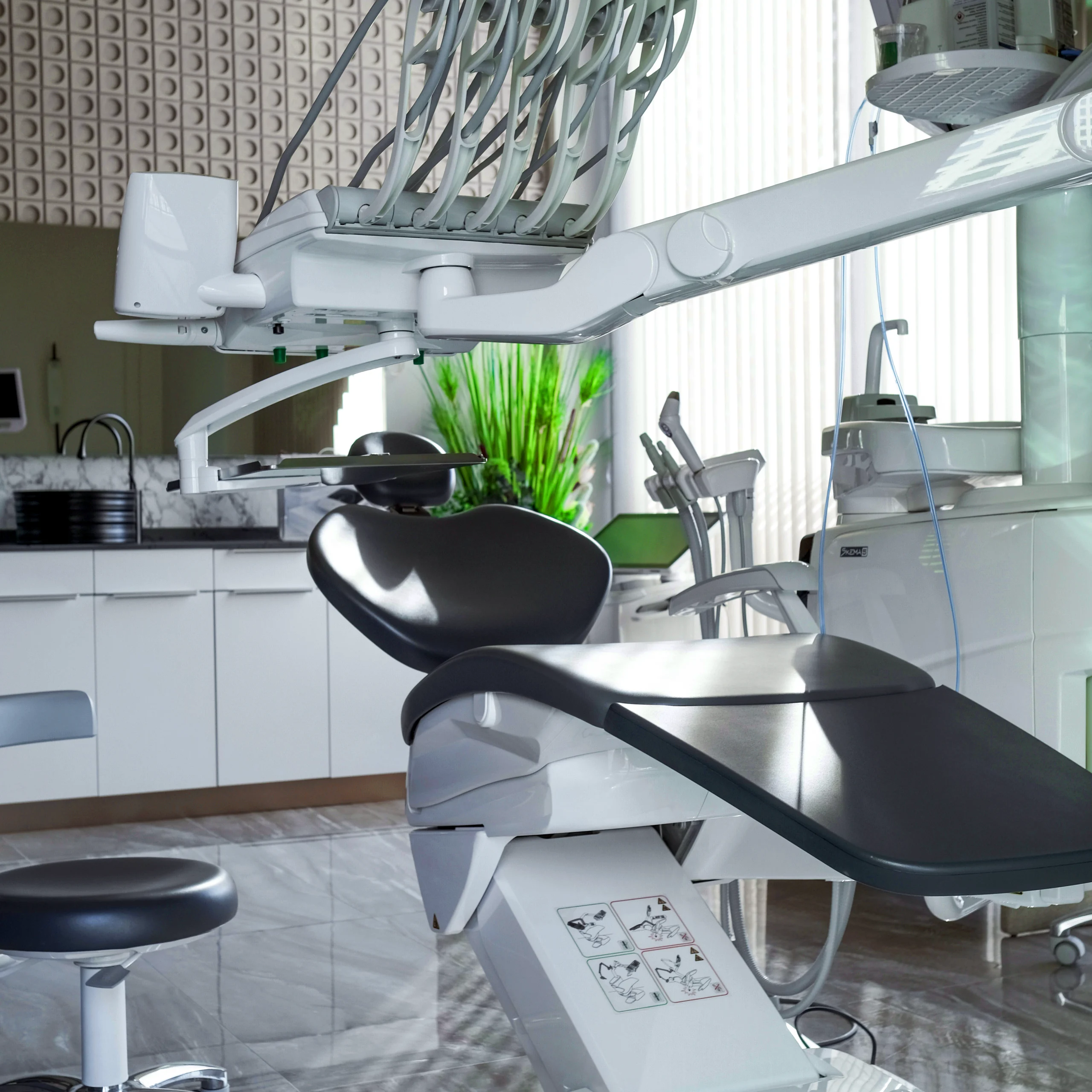
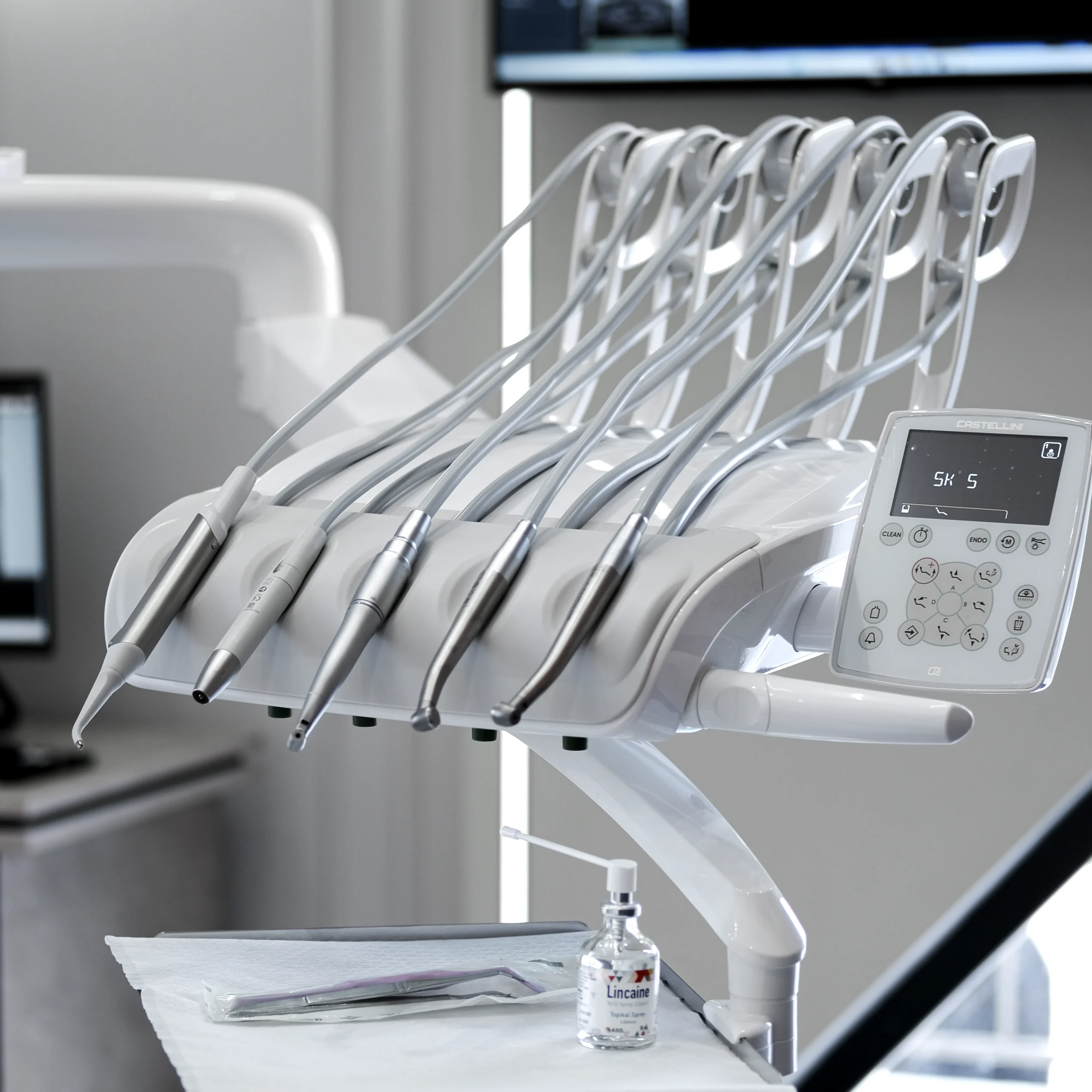
Bağlar, Yavuz Sultan Selim Cd. No:12A, 34200 Bağcılar/İstanbul

